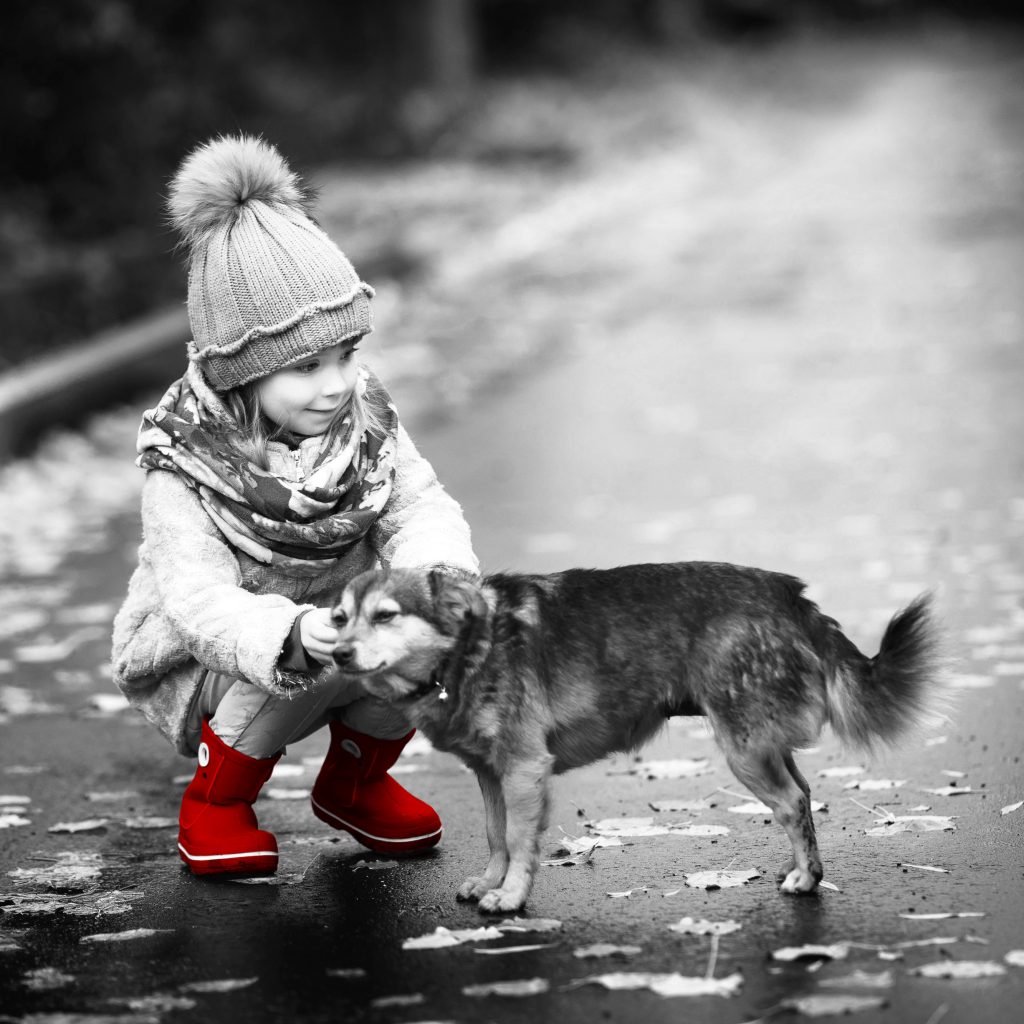We all want our children to be kind to others. After all, kindness and empathy are basic human skills which make life safer and more enjoyable. But it can be hard to know exactly how to encourage small people to be kind, especially when they often behave as if they’re the only ones who matter.
Egocentricity is what drives young children, who tend to only think of themselves until around preschool age. But learning how to be kind starts years before then.

Do I need to do anything special?
From the start, some children just seem to be gentler, patient and kinder than others. They have more of an empathetic nature and don’t need much reminding to be thoughtful towards other people.
There is undoubtedly a genetic influence when it comes to displaying kindness. Put simply, kind parents tend to have children who are kind. But whether this is solely genetic or environmental, or more likely, a combination of both is yet to be proven. As with other personality and temperament factors, genetics cannot be wholly responsible.
Most children need to be taught skills in ways to be helpful, thoughtful and kind.
10 Ways to raise a kind child
- Practice kindness and empathy in your home. Role modelling is an incredibly powerful way for children to learn. If you are kind and respectful to them and others, these qualities will be normalised.
- Try not to always reward your child when they are thoughtful. This will encourage them to do positive things only when you’re watching. They’ll benefit from learning they feel intrinsically good when they consider other people.
- Match feelings with words e.g., “you’re looking sad right now”, “are you feeling scared”? Small children often have big feelings and can easily feel overwhelmed.
- Point it out when you see other people practicing kindness. Likewise, when people are rude or thoughtless.
- Use the word ‘feelings’ when you’re talking about their own or other peoples. This will help them to match actions with what they generate inside.
- Keep a tab on criticism, discrimination and rudeness in your household. Children mimic the language and actions of their parents. If negativity is normalised, they’re more likely to display the same characteristics.
- Praise your child’s efforts, not their character, e.g., “good trying”, “you must have really thought about that”. Remember that it’s fine to say “you’re a kind person” because this will help them to link intrinsic qualities with positive traits.
- Be gentle when you hold and touch your child. There’s a time and place for more robust play and activities, but make sure you match your responses to what your child needs at the time. Get them to practice cuddling, kissing and hugging their toys and praise their attempts. Saying “you’re being very kind and gentle”, “Oh, what lovely hugs you’re giving teddy” helps them to match actions with feelings.
- Where possible, have pets as part of your family. Involve your children in their care and always treat animals with respect and kindness. There’s more to their care than feeding and water; teach your children that animals have feelings too.
- Catch your child if they’re being unkind to their siblings, you or others. Learning what’s socially acceptable will come from you and other people in your child’s life.
Written for Sudocrem by Jane Barry, Midwife and Child Health Nurse.

